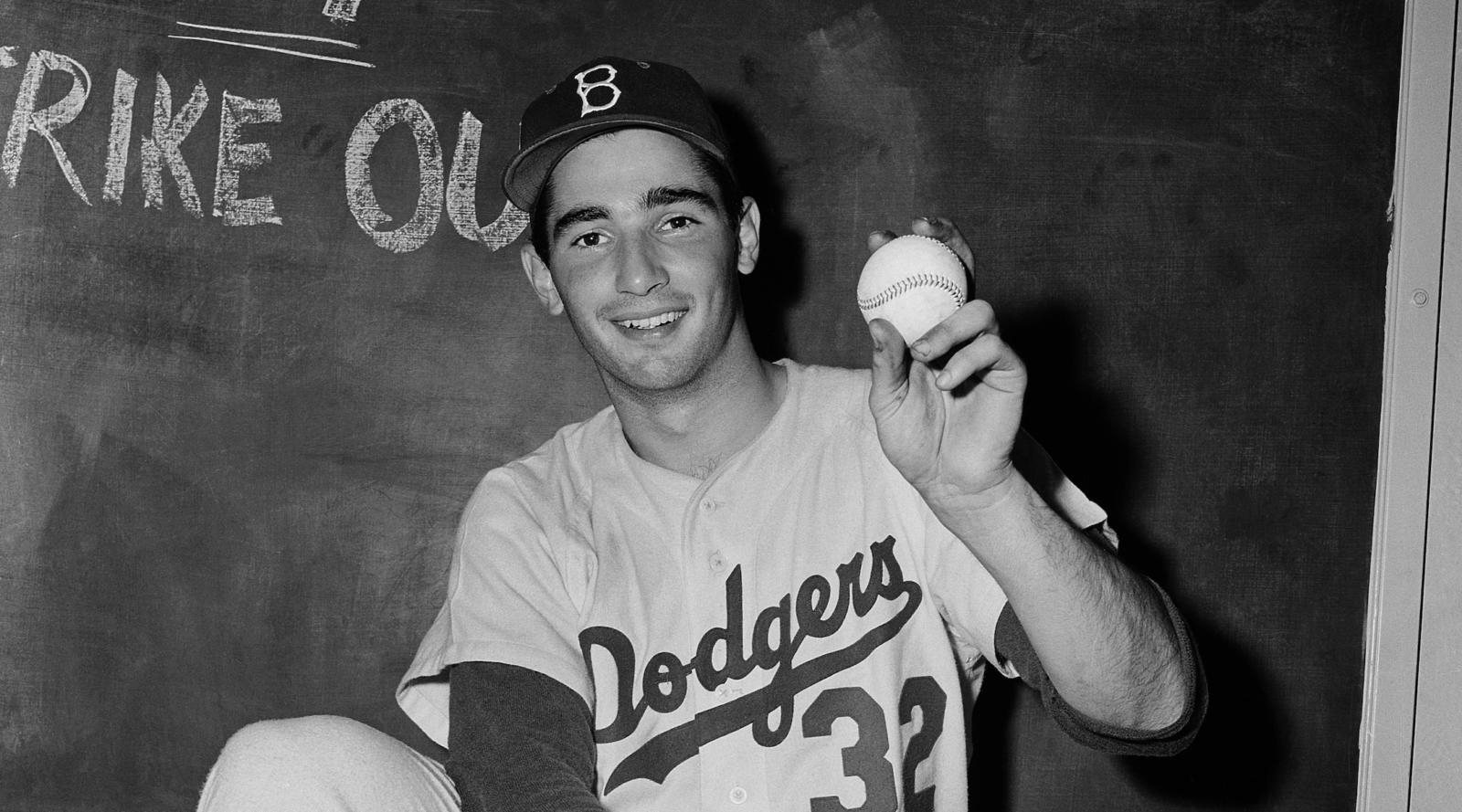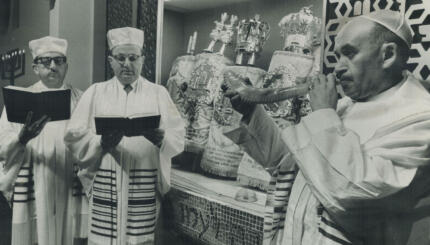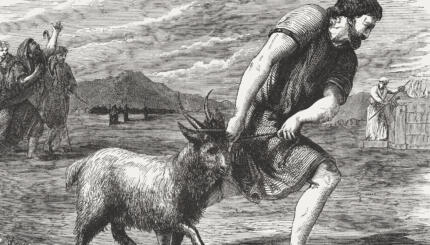On the afternoon of October 6, 1965, the Los Angeles Dodgers and the Minnesota Twins assembled on the field of Metropolitan Stadium outside Minneapolis for Game 1 of the World Series. Don Drysdale was pitching for the Dodgers and he got hammered. In the third inning, the Twins scored six runs, pulling ahead 7-1. They would go on to win the game 8-2.
It should have been Sandy Koufax on the mound that day. The Dodgers ace was having the best year of his career in 1965, leading the majors with 26 wins and racking up 382 strikeouts, a Major League record at the time and still only one fewer than the all-time single-season record held by Nolan Ryan. Koufax had also thrown a perfect game less than a month earlier, becoming just the sixth pitcher of the modern era to do so.
But October 6, 1965 was also Yom Kippur, the holiest day on the Jewish calendar. And Koufax declined to play.
The decision would become the stuff of American Jewish legend. Jewish baseball fans around the country swelled with pride at the thought that one of their own — a star of the most quintessential of American sports — would decline to play on the game’s biggest stage out of religious conviction. And a mythology quickly grew up around it, including the claim (unverified and probably false) that Koufax showed up in synagogue in Minneapolis that day, and the story (likely true) that a rabbi visited him at his hotel after the holiday to offer him a pair of tefillin in gratitude.
With your help, My Jewish Learning can provide endless opportunities for learning, connection and discovery.
Koufax wasn’t the first Jewish baseball star to sit out a game because of a Jewish holiday. Hank Greenberg, the Detroit Tigers slugger, skipped a game during the 1934 pennant race because it fell on Yom Kippur. (The Tigers won the pennant anyway.) But Koufax’s refusal to play became a major point of pride for American Jews, who saw that it was possible to live in two cultures at once. And because Koufax was a secular Jew, his commitment to observing the Jewish Day of Atonement amounted to a public testament that the day’s restrictions did not belong to the Orthodox alone.
And it wasn’t only the Jews who found the story compelling. Fifty years after the 1965 series, multiple national publications, both Jewish and not, would publish reminiscences about Koufax’s decision.
Koufax would go on to pitch in Game 2, which was played in Minneapolis the following day, and lost, 5-1. But the Dodgers would even the series at 2-2 before Koufax’s next start, in Game 5. This time, he delivered, holding the Twins scoreless and giving the Dodgers the lead. The Twins would even the series again, and Koufax was called on to pitch the decisive Game 7 with just two days rest.
Koufax delivered again, holding the Twins scoreless and delivering the championship to the Dodgers. Koufax would be named the series’ most valuable player. But for many American Jews, Koufax’s legend had already been firmly established eight days earlier.



